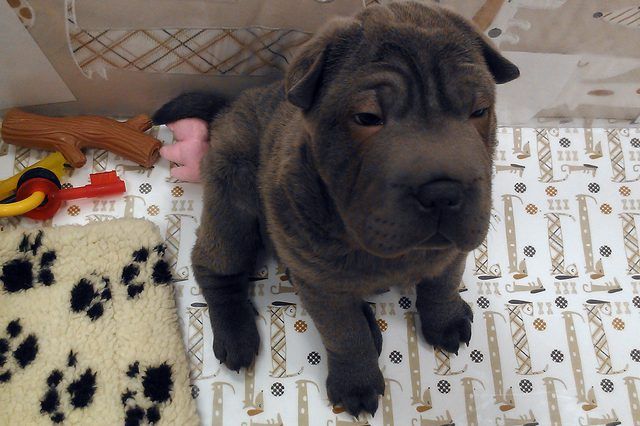Bulbs
Flower Basics
Flower Beds & Specialty Gardens
Flower Garden
Garden Furniture
Garden Gnomes
Garden Seeds
Garden Sheds
Garden Statues
Garden Tools & Supplies
Gardening Basics
Green & Organic
Groundcovers & Vines
Growing Annuals
Growing Basil
Growing Beans
Growing Berries
Growing Blueberries
Growing Cactus
Growing Corn
Growing Cotton
Growing Edibles
Growing Flowers
Growing Garlic
Growing Grapes
Growing Grass
Growing Herbs
Growing Jasmine
Growing Mint
Growing Mushrooms
Orchids
Growing Peanuts
Growing Perennials
Growing Plants
Growing Rosemary
Growing Roses
Growing Strawberries
Growing Sunflowers
Growing Thyme
Growing Tomatoes
Growing Tulips
Growing Vegetables
Herb Basics
Herb Garden
Indoor Growing
Landscaping Basics
Landscaping Patios
Landscaping Plants
Landscaping Shrubs
Landscaping Trees
Landscaping Walks & Pathways
Lawn Basics
Lawn Maintenance
Lawn Mowers
Lawn Ornaments
Lawn Planting
Lawn Tools
Outdoor Growing
Overall Landscape Planning
Pests, Weeds & Problems
Plant Basics
Rock Garden
Rose Garden
Shrubs
Soil
Specialty Gardens
Trees
Vegetable Garden
Yard Maintenance
Are Gardenias Poisonous to Pets?
Are Gardenias Poisonous to Pets?. Gardenias can be poisonous to pets depending on how much the pet eats and how small the pet is. Generally, the smaller the pet, the faster they can become sickened by a gardenia. For example, a large animal like a human can eat a gardenia and survive. If the gardenia has been treated with pesticides, it will be...
Gardenias can be poisonous to pets depending on how much the pet eats and how small the pet is. Generally, the smaller the pet, the faster they can become sickened by a gardenia. For example, a large animal like a human can eat a gardenia and survive. If the gardenia has been treated with pesticides, it will be even more toxic.
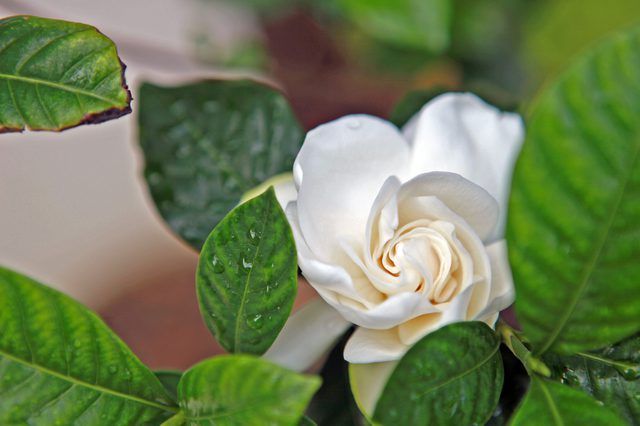
According to the ASPCA Poison Control Center, a pet sickened by gardenia will have hives, vomiting and diarrhea. If the animal is a horse, which cannot vomit, it can develop hives and diarrhea. Guinea pigs have been known to eat a few gardenia petals and survive, but they often suffer diarrhea, which can kill them since they are so small. However, rabbits usually suffer no ill effects if they eat a gardenia.
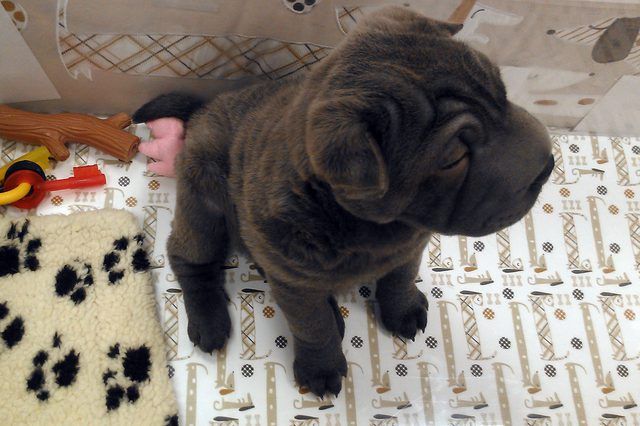
Gardenias are particularly toxic to cats. If a cat has eaten a gardenia and has not already begun to vomit, the cat needs to be induced to vomit. Ideally, one person should call a vet while another induces vomiting in the cat. To induce vomiting, weigh the cat. For every pound the cat weighs, give one tablespoon of 3% hydrogen peroxide every 10 minutes until the cat vomits.
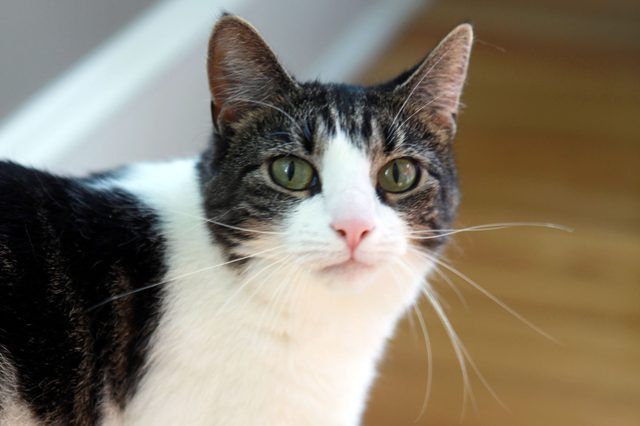
Horses need to eat a lot of gardenias in order to suffer ill effects. However, it's not worth taking the chance. All gardenias should be pulled by hand from the pasture or anywhere on a property that a horse mouth can reach. Using chemical herbicides is not recommended as they may be far more toxic to the horse than a gardenia.
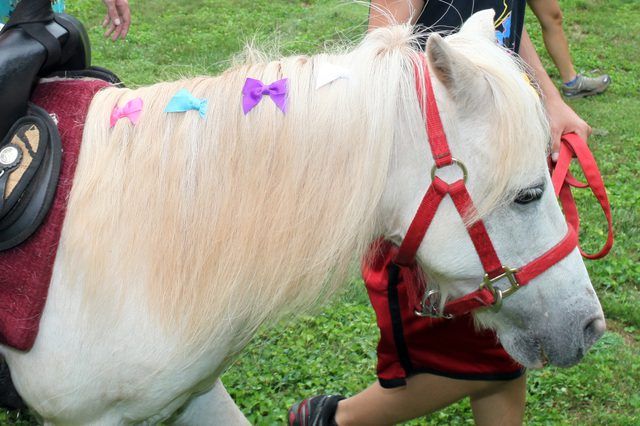
Gardenias are not one of the most toxic plants a pet could eat, although they shouldn't eat them. Plants that are even more toxic than gardenias include jimsonweed, marijuana, foxglove, buttercup, black locust, yew, oleander, oak, wisteria, sweet pea, jasmine, horse chestnut, holly, cherry trees and castor oil plants.

It is a common misconception that animals instinctively know what food is good for them and what is bad. This is not true, especially in mammals. Pets will stick anything in their mouths, usually out of boredom. Very young animals like puppies, kittens and foals stick anything in their mouths as part of learning about the world.
